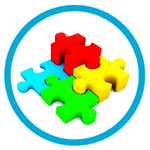


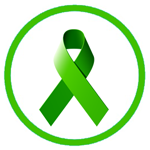
Cerebral Palsy
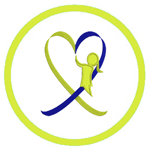
Down Syndrome
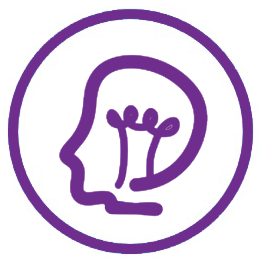
Epilepsy
SERVICES OF IPNA
IPNA is a humanitarian response to address the needs of underprivileged children who have been suffering from epilepsy, cerebral palsy (CP), autism and other behavioral problems cannot attain the benefits of mainstream educational facilities. This institute also hopes that it will serve as the main resource centre for the disabled and autistic children in Bangladesh and in the greater South Asian region in the days to come.
-
1OPD
To meet challenges, Bangabandhu Sheikh Mujib Medical University started a ‘Child Development and Neurology Service’ as OPD in September 1999 and gradually the OPD flourished with skilled professionals and trained staffs. As facilities for better care have started to materialize, the need for fully equipped facilities in various parts of the country became a necessity.
-
2Training
Decentralizing and disseminating knowledge all over the country starting from capital to rural and remote areas of Bangladesh
-
3In-Patient
Please get back later for updated content.
-
4IPNA School
IPNA Autism School is one of the major initiatives of IPNA. Since its inception in 2011, IPNA School is now a brand name for providing the fullest possible support to the children with ASD, building on their strengths and also providing a better and inclusive environment for them. Primarily the school started with a few children due to limited resources but now the number increased up to 50 and the current student-teacher ratio is 2:1. The IPNA School provides intensive education for the children with autism within the age range of 3 to 12 years. The School is open for 5 days a week from 9 am to 1 pm.
The school applies a scientific teaching method called ABA (Applied Behavior Analysis) which is a reward-based system. It is a behavioural therapy that uses positive reinforcement for the improvement of the children. The routine for the school includes physical exercise, communication class, rhyme class, group/individual activity, sensory integration, prewriting and recess. After their break time, children take turns in groups to play in the school accompanied by their teachers. Other important parts of the program are PECS (Picture Exchange Communication System) and TEACCH (Treatment and Education of Autistic Related Communication Handicapped children) philosophy. This philosophy is based on structuring the environment to maximize the child’s understanding and independent functioning thereby decreasing undesirable behaviours. Children are also provided other types of therapy such as individual and group therapy, special education, speech and occupational therapy, movement therapy, etc. If the children face any other medical problem, there is also arrangement for outdoor service.
Other related programs are annual home visit, outing program and cultural activities. Home visit is aiming to improve the management system in homely environment, developing intensive coordination among the parents and teachers so that they can make the life easier for their specialized children.
Law & Legislation
Patients Seen in IPNA
Mrs. Baan Ki Moon visits Autism Centre in Bangladesh
DIRECTOR PROFILE
Dr. Shaheen Akhter, MBBS, MD is Professor of Paediatric Neurology at Bangabandhu Sheikh Mujib Medical University (BSMMU) in Dhaka, Bangladesh. She is the Founder-Director of the Institute of Paediatric Neurodisorder and Autism (IPNA), the first institute in BSMMU... Read More
LATEST NEWS
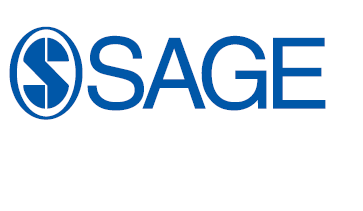
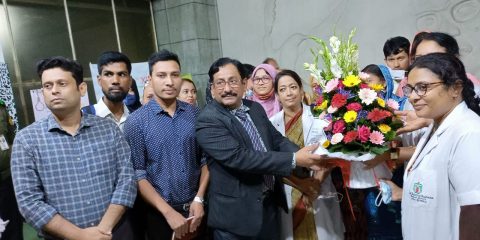
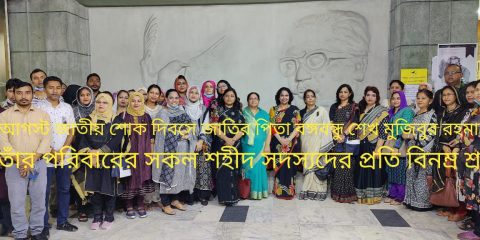
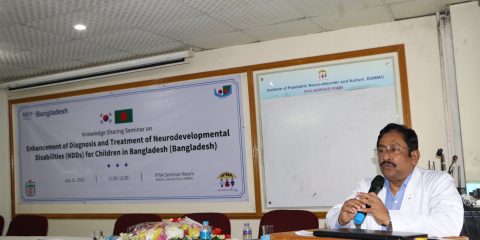



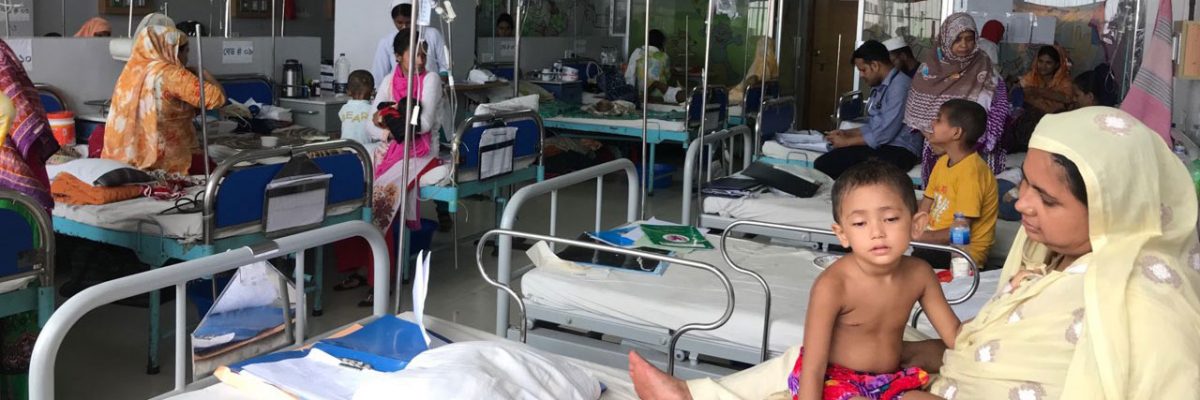
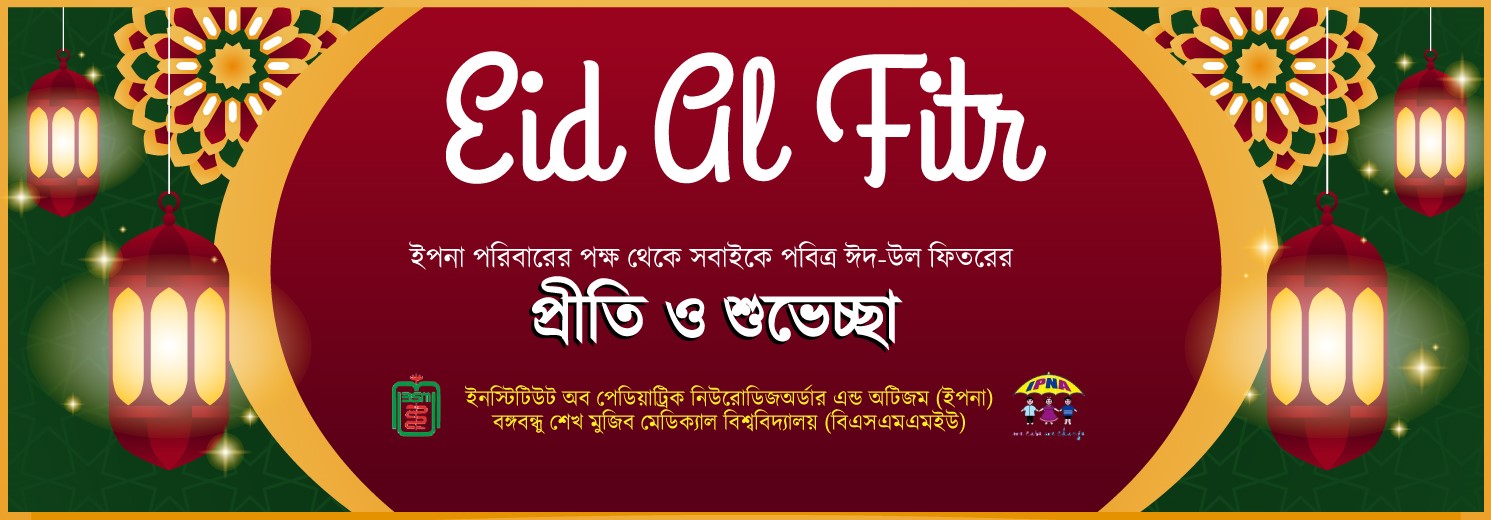
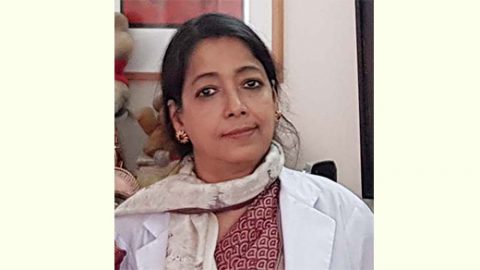



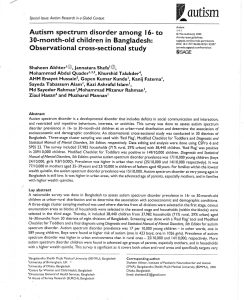
 IPNA wants to create a world where children with developmental disabilities and their parents can get their questions answered and their needs met in a caring environment.
IPNA wants to create a world where children with developmental disabilities and their parents can get their questions answered and their needs met in a caring environment.